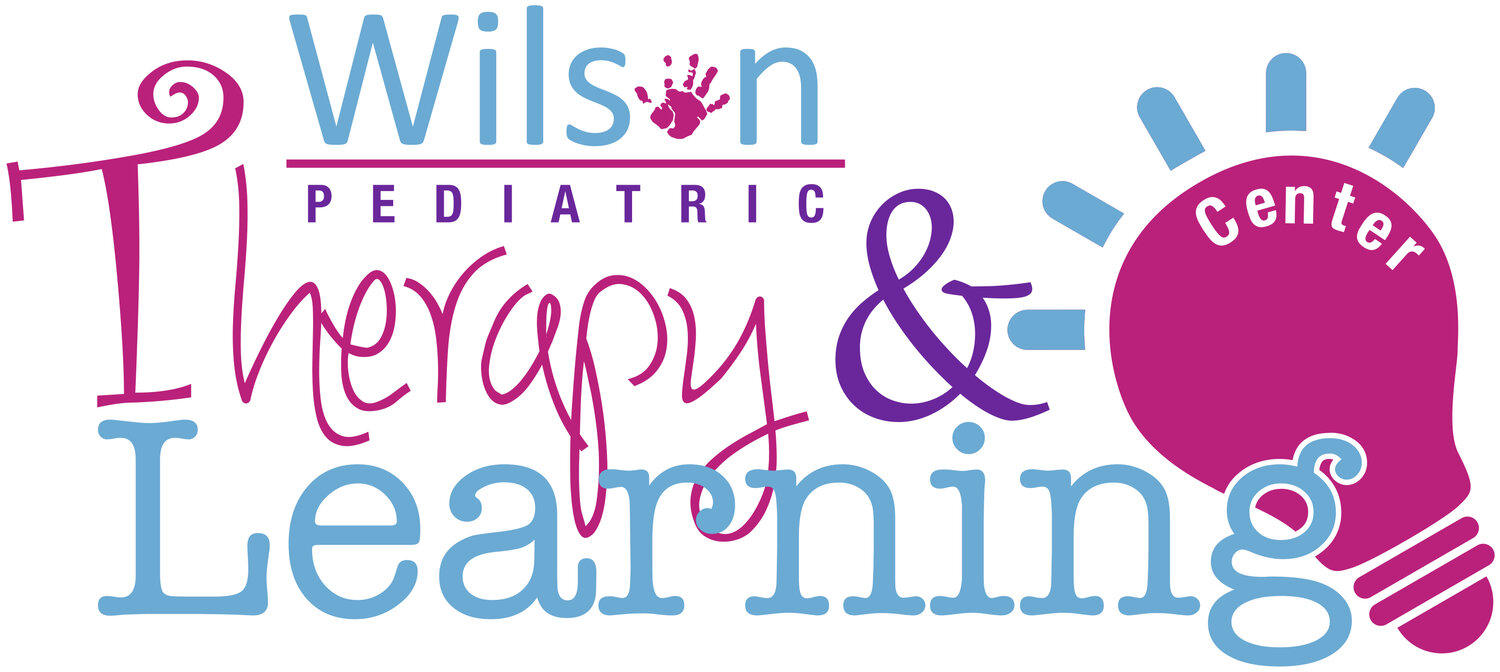How to Think About Dyslexia and Auditory Processing Disorders
When thinking about dyslexia, it’s important to remember it’s a learning difference and not a disease. Dyslexia can sometimes be used as a broad term that we apply to children who are significantly below grade level in reading and who exhibit immense difficulty in reading. They have trouble perceiving the letters and perceiving the orientation of letters, but a larger group of children have problems learning to read because they either have auditory processing disorders or they have language disorders. Dyslexia can be diagnosed by a Neuropsychologist and or a Speech-Language Pathologist.
Auditory Processing Disorder or APD; is a common, heterogeneous, and poorly understood listening impairment. The primary symptom in humans is poor speech perception despite normal hearing. APD appears to result predominantly from core malfunctioning of the central auditory system but with strong cognitive influences (Moore). Therefore, APD can only be diagnosed by an Audiologist and most tests require a child to be at least age 7 which means children are not getting diagnosed until first grade or later. A longitudinal study performed by Dr. Bart Boats showed that when children have auditory processing disorders in kindergarten- first grade, they're very likely to be diagnosed with dyslexia by grade three.
APD and Dyslexia can often be woven together so tightly that it is difficult to determine which if not both are occurring. Below is a side-by-side comparison of the two:
There is currently a lot of debate in the scientific community over whether or not Dyslexia is a long-term consequence of APD. A study comparing children diagnosed with Dyslexia and APD has found virtually no differences between the two groups, while some even contend that such diagnoses depend upon the kind of specialists that are consulted (Sped).
So… what’s the best approach?
A classic intervention for auditory processing disorder would be auditory training, where you actually sit with the children and ask them to do speech discrimination tasks. As for dyslexia- much of their treatment is focusing on the letter to sound correspondence and the ability to blend these sounds together and decode these sounds when reading.
When considering an intervention for your child, “it’s significant not to think about the classic medical model of curing a disease but rather working to overcome or to bypass some of the difficulties they have in the reading process, and also to augment the systems that are weak”(Barnes). Here at Wilson’s we consider the “Rules of Neuroplasticity” alongside the golden standard theory of Orton Gillingham when working with our students. Perception of sounds is significant and can be addressed throughout our program to target this area of weakness too. Creating new neural pathways and helping the brain to overcome the difficulty is our greatest desire for our children who participate in the program!
-
Barnes, Peter. “How Auditory Processing Disorder and Dyslexia Are Related.” Www.learnfasthq.com, www.learnfasthq.com/blog/how-auditory-processing-disorder-and-dyslexia-are-related. Accessed 23 Aug. 2023.
Moore, David R. “Auditory Processing Disorder (APD)—Potential Contribution of Mouse Research.” Brain Research, vol. 1091, no. 1, May 2006, pp. 200–206, https://doi.org/10.1016/j.brainres.2006.01.108. Accessed 30 May 2020.
Noel, Amy. “The Link between Auditory Processing Disorder (APD) and Dyslexia.” Www.youtube.com, www.youtube.com/watch?v=qWF4X9L-fno. Accessed 23 Aug. 2023.
Sped@home, Team. “Dyslexia vs Auditory Processing Disorder.” SpEd@Home, 1 Feb. 2022, spedathome.com/dyslexia-vs-auditory-processing-disorder-differences-similarities/. Accessed 23 Aug. 2023.

